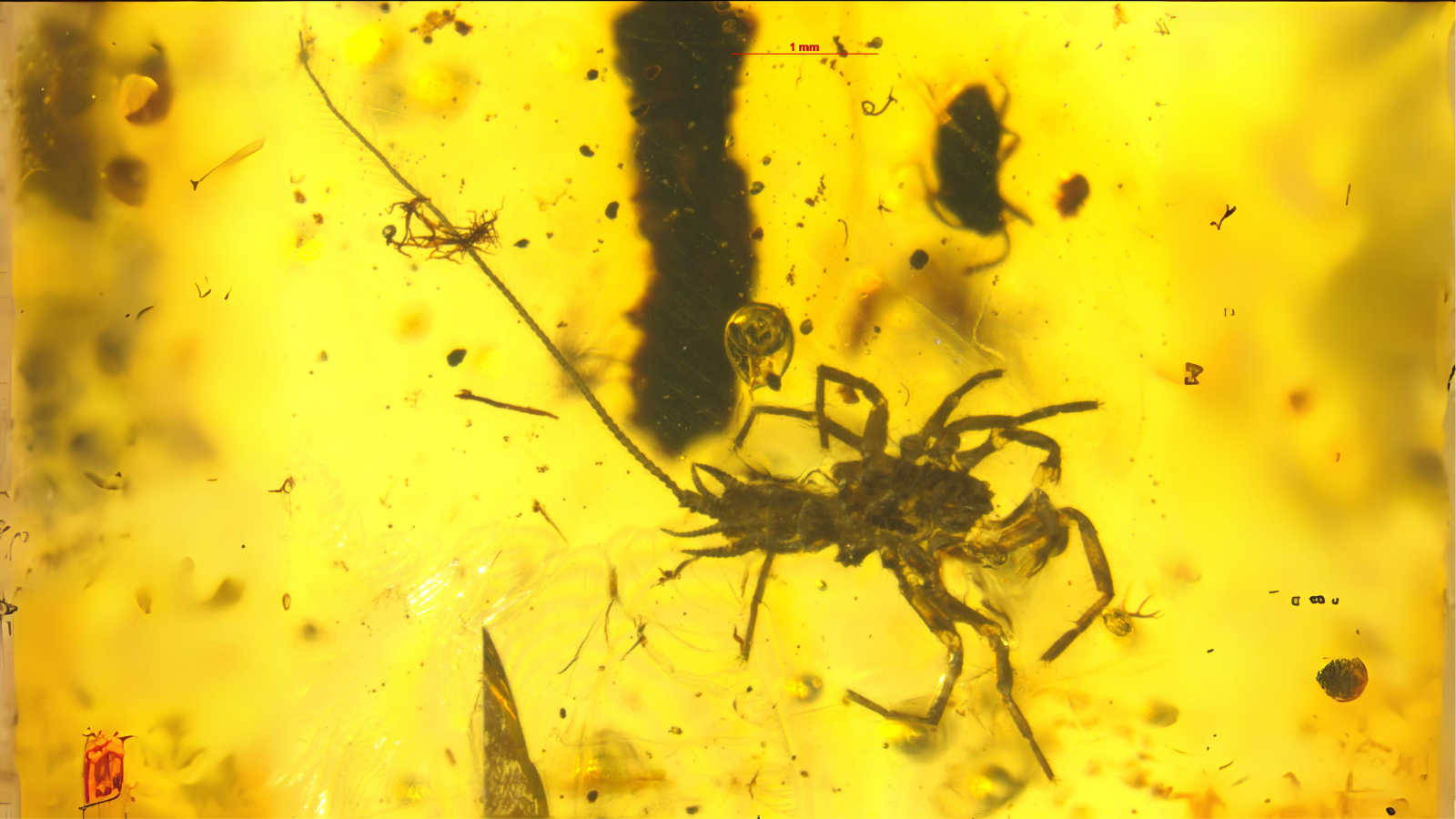Unraveling the Mess of Arachnid Phylogeny
Classifying organisms is an important function of biology. But if phylogenetics is ultimately based on a floundering theory of origins, how helpful is it to our understanding of living things? On this ID The Future, host Andrew McDiarmid and paleoentemologist Gunter Bechly unpack some of the major problems with arachnid phylogeny and its implications for the common descent hypothesis.
Dr. Bechly highlights the case of the primitive spider Chimerarachne yingi from mid-Cretaceous Burmese amber, a major scientific sensation upon its discovery and celebrated as confirmation of evolutionary predictions. But were such predictions actually made? Bechly also discusses conflicting phylogenetic trees and the mismatch between molecular clock datings and the fossil record. He argues that these problems weaken the evidence for common descent and suggests that a design perspective could provide a more fruitful approach to understanding biological classification.
And what about the practice of phylogenetics itself? In his article, Dr. Bechly writes that “[e]very reconstruction of past events is a hypothetical inference to the best explanation based on circumstantial evidence and a lot of theoretical guesswork based on shaky assumptions.” Instead of trying to force data into preconceived evolutionary notions, Dr. Bechly advocates for a theory-free classification based on overall similarity, similar to Linnaean classification.
Dig Deeper
- Read the article that inspired this conversation: The Mess of Arachnid Phylogeny, and Why I’ve Become More Skeptical of Common Descent
